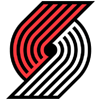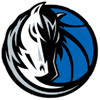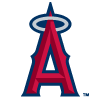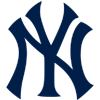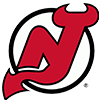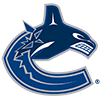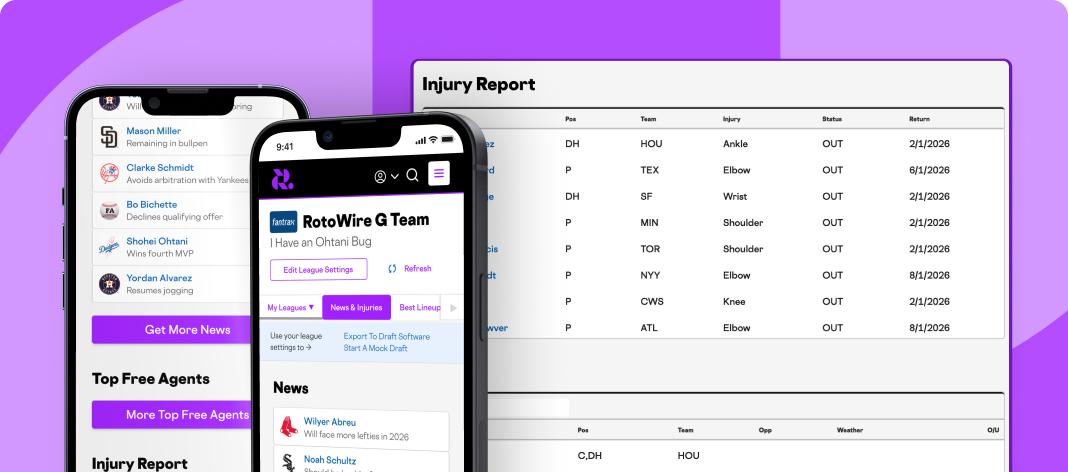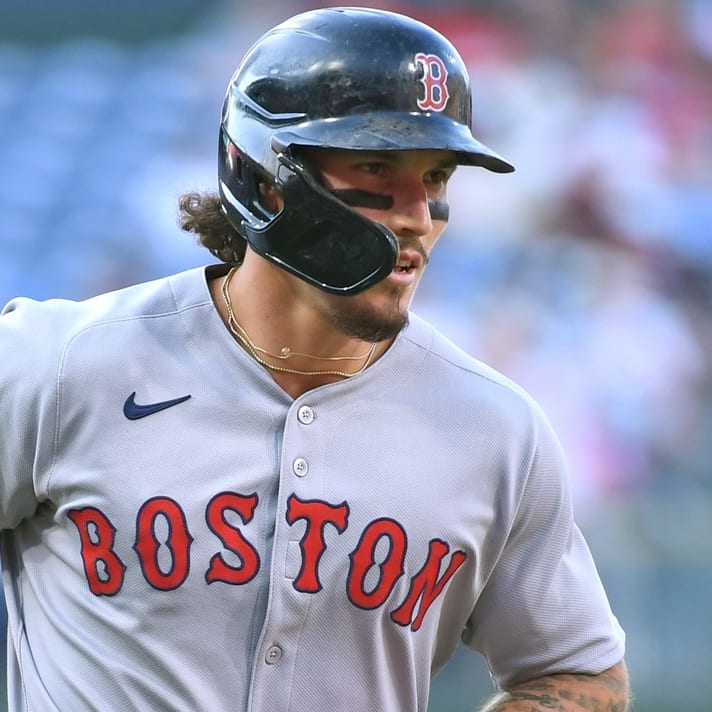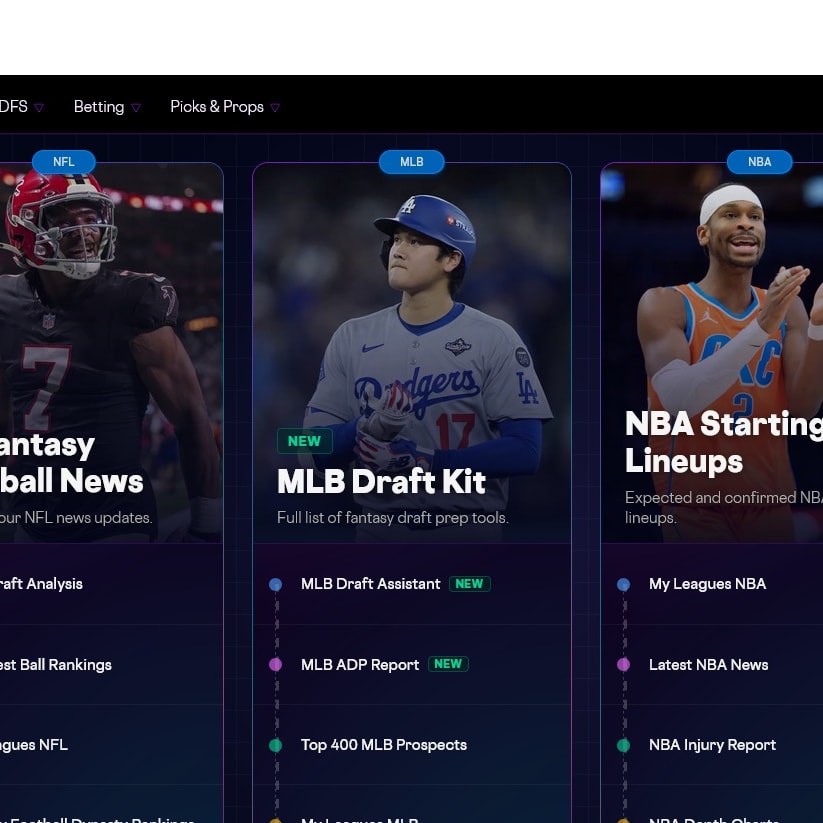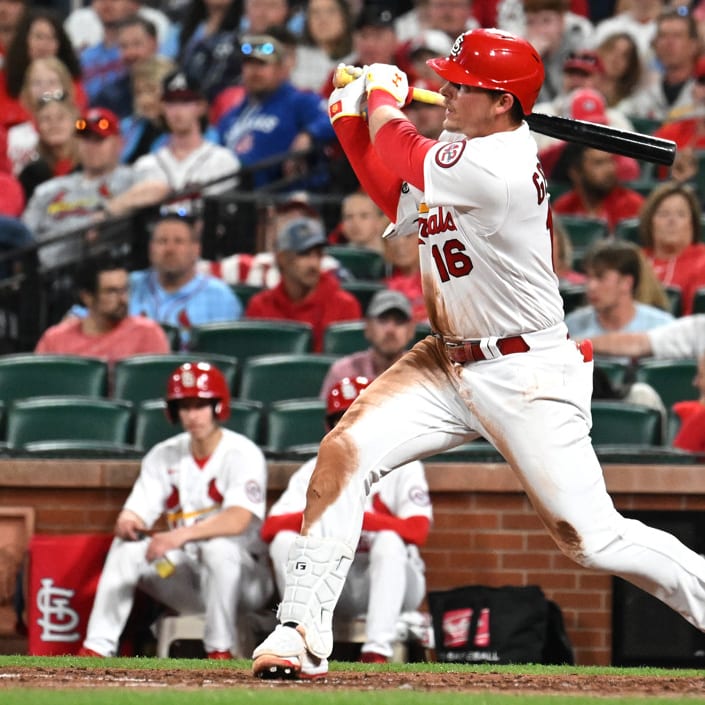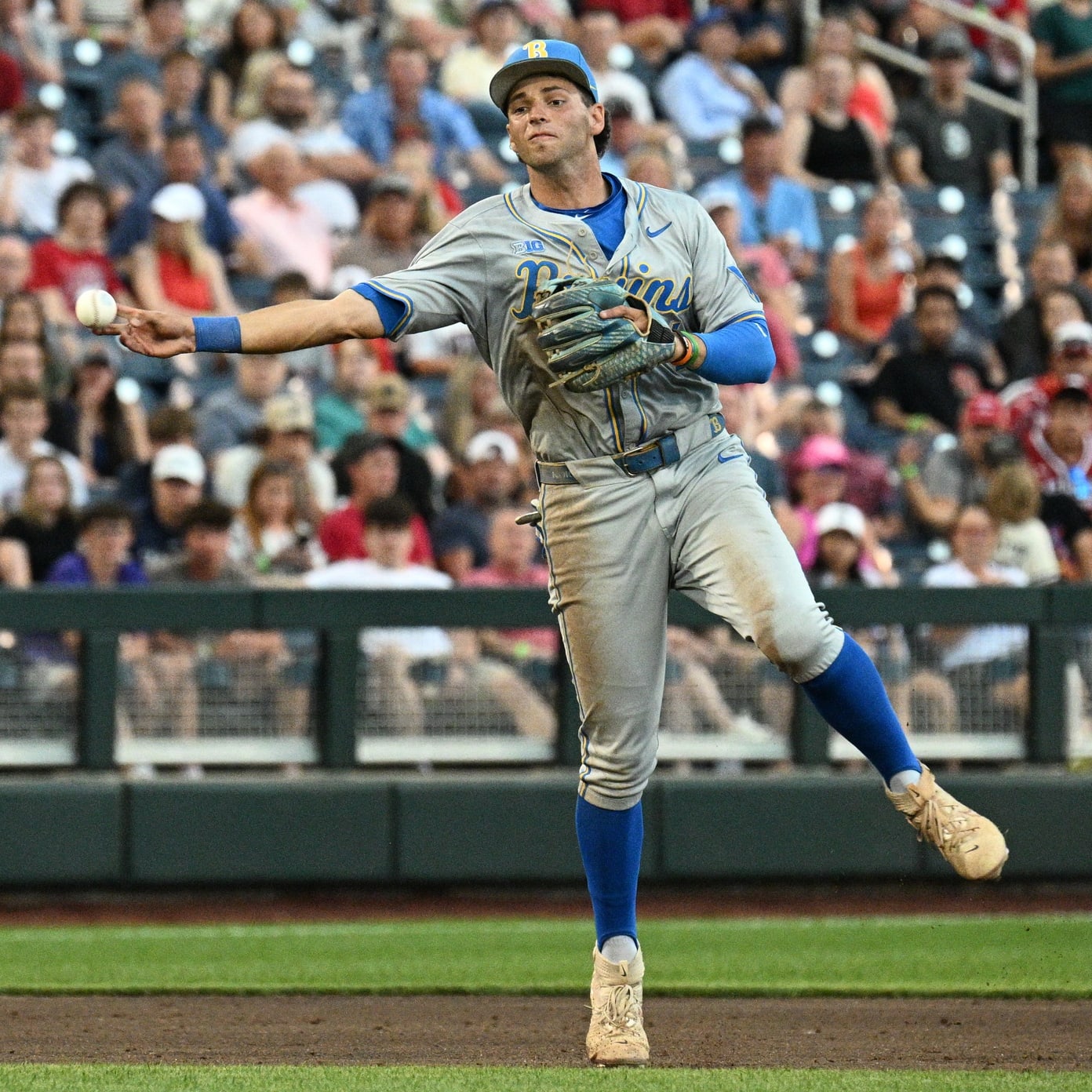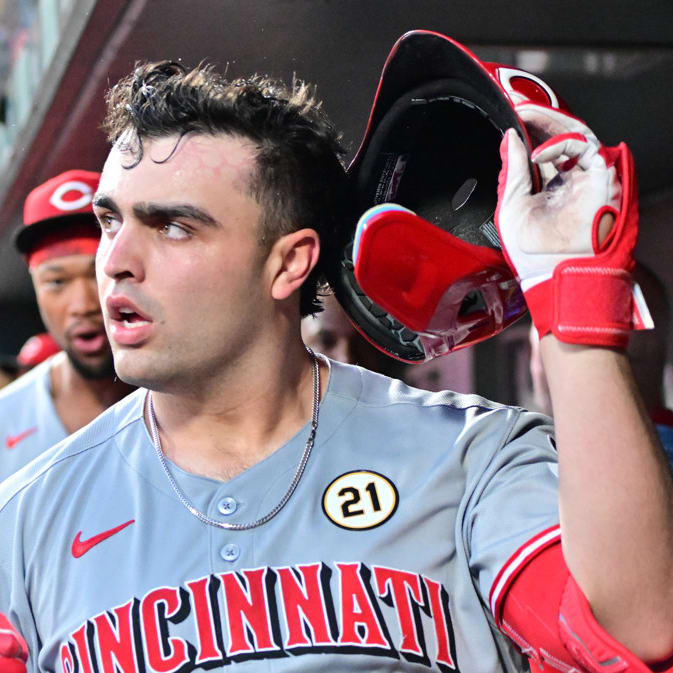Which top prospects are going to break camp in the big leagues? It's long been one of the most hotly anticipated storylines of spring training, and it's gotten even more exciting over the past few seasons thanks to the latest collective bargaining agreement.
Under the old rules, we knew the routine. The team would tell us with that the player needed to "work on his defense." They'd send him to the minors to begin the season, even with Mike Olt penciled into his spot in the lineup. Then they'd discover, a mere two weeks later, that their hot prospect's glove was perfectly fine, and they'd call him up as soon as they'd stolen an extra year of service time. It was blatant, but it kept happening.
The most recent CBA did its best to fix the problem. Players can now get credit for a full year of service time regardless of how long they were in the majors if they finish in the top two in Rookie of the Year voting, while teams can secure a bonus draft pick if they include a prospect on their Opening Day roster who goes on to finish top-three in the same vote. That means that if a team pulls the old late-April call-up trick, they sacrifice their chance at a reward while not even guaranteeing that their service-time heist will be a success.
The new incentives have done their jobs, at least through two seasons. In 2022, we saw Julio Rodriguez and Bobby Witt break camp in the big leagues. In 2023, Rookies of the Year Corbin Carroll and Gunnar Henderson were both on the Opening Day roster, though both had actually been called up late in the previous season, something we should also see more often under the new system.
This spring, we have another batch of highly-anticipated prospects pushing for an Opening Day spot, and we'll get to watch them make that push under much fairer working conditions than their peers enjoyed just three years ago. That should mean that with good springs, all three of the top fantasy prospects in baseball — Brewers outfielder Jackson Chourio, Rangers outfielder Wyatt Langford and Orioles shortstop Jackson Holliday — could be in the lineup on Opening Day.
The trio's appeal in keeper and dynasty leagues is in no doubt. Look no further than James Anderson's dynasty rankings, which have all three players in the top 30 despite the fact that they've played a combined 29 Triple-A games and none in the majors. This article will compare the three players with an eye towards 2024 alone, focusing on their projections, their paths to playing time and their draft market throughout the early part of draft season.
Projections
The tables below feature each player's ATC projections, which are available on RotoWire for the first time this year. To make things easier to compare, I've scaled them all to 615 plate appearances — the average that Rodriguez, Witt, Carroll and Henderson recorded in their rookie seasons.
| Player | Age | PA | HR | R | RBI | SB | AVG | OBP | SLG | OPS | wRC+ | BB% | K% | WAR |
|---|---|---|---|---|---|---|---|---|---|---|---|---|---|---|
| Jackson Chourio | 20 | 615 | 18 | 74 | 74 | 24 | .253 | .301 | .410 | .711 | 90 | 6.0% | 21.5% | 1.5 |
| Jackson Holliday | 20 | 615 | 11 | 78 | 60 | 13 | .258 | .344 | .387 | .732 | 107 | 11.2% | 21.7% | 3.0 |
| Wyatt Langford | 22 | 615 | 23 | 77 | 76 | 15 | .257 | .336 | .444 | .780 | 112 | 9.7% | 21.3% | 1.5 |
These projections may not leap off the page, but something to keep in mind here is that projection systems are nearly always conservative with young, unproven players. Projections rely on a player's past data, and this type of player by definition hasn't provided much past data. Langford, in particular, has just 39 professional games under his belt, having been drafted with the fourth-overall pick just last year. It shouldn't be understated how remarkable it is that a player with such a short resume projects for the same wRC+ as Trea Turner, Francisco Lindor, J.D. Martinez and Ian Happ, and that's without even considering the fact that the projections may not have enough data to fully capture his upside.
The others don't project to be as strong at the plate, but each has something very positive worth noting in the above table. Chourio easily projects for the most steals of the group, and it's not hard to see him significantly exceeding his projection. He stole 43 bases in 122 Double-A games last year, with scouts giving him 70-grade speed on the 20-80 scale. That will help him in fantasy leagues more than it will in real life, but the inverse is true of his strong glove, which helps give him the same WAR projection as Langford despite a weaker bat.
Holliday projects for the least exciting fantasy profile, at least for 2024, as his 11 homers and 13 steals both bring up the rear. He's the most well-rounded of the group, however, and his strong middle-infield glove gives him easily the highest WAR projection of the trio. He also has the best eye of the group, which further boosts his real-life appeal even if it doesn't help much in most fantasy formats. The less fantasy-relevant elements of Holliday's game make him the top real-world prospect according to most sources and make it easier to envision him earning an everyday role even if his bat doesn't get all the way there this season.
Path to Playing Time
This is where Chourio begins to separate himself from the group. The Brewers signed him to an eight-year, $80 million extension back in November, a deal which could max out at 10 years and $140 million if his incentives are reached and his options are picked up. It was the largest-ever deal for a player who has yet to make his major-league debut, and teams (especially ones with budget restrictions like the Brewers) don't hand out those kind of deals without planning on having the player in the lineup right away. As of mid-February, Chourio hasn't officially won Milwaukee's Opening Day center field job, but it would take a poor spring to play himself out of the role. Garrett Mitchell, Sal Frelick and Joey Wiemer are his top competition, and one of them will presumably be starting in right.
The others don't have the job security that comes with signing a mega-deal, meaning their teams still have some incentive to keep them down long enough to secure an extra year of control, even if the new CBA makes that less likely. Holliday, in particular, finds himself competing with a large group of interesting Orioles infielders, most of whom are quite young and talented themselves. Gunnar Henderson will have an everyday role at shortstop or third base, provided the strained oblique which was revealed this week is merely a minor problem, leaving the other spot plus second base for Holliday, Jordan Westburg, Jorge Mateo and Ramon Urias to all fight over. Holliday has the highest upside of that quartet, but if he doesn't look quite ready this spring, it won't be hard for the Orioles to turn to other options for at least the first month or two of the regular season.
Langford's incredibly brief professional resume (just 200 total plate appearances across all levels) also means the Rangers could probably send him to the minors with a straight face, and "working on his defense" would actually be a legitimate line of argument in his case, as his glove is considered well behind his bat. But this is the defending champions we're talking about, a team which should want its best lineup on the field from Day One. If Langford sets the world on fire during spring games, will the Rangers really be able to send him down? If they sign a big bat between now and Opening Day, that might be easier to envision, but right now Langford's primary competition for the designated hitter spot is Justin Foscue, Ezequiel Duran and Josh Smith, and that's without considering the fact that both Corey Seager (groin) and Josh Jung (calf) are already dealing with injuries.
Draft Market
The chart below shows how each player's draft price has shifted over the course of the winter. Average Draft Positions (ADP) displayed here are taken from all NFBC drafts which finished that month:
| Player | Oct.-Nov. ADP (92 drafts) | Dec. ADP (125 drafts) | Jan. ADP (199 drafts) | Feb. ADP (52 drafts) |
|---|---|---|---|---|
| Jackson Chourio | 225 | 140 | 142 | 134 |
| Jackson Holliday | 205 | 207 | 200 | 194 |
| Wyatt Langford | 157 | 164 | 154 | 159 |
Remember Chourio's extension? That was signed on November 30, and you can see its effect very clearly on the chart above. In the very early part of draft season, when a pre-debut extension and the job security one brings was possible but not probable for all three players, Chourio was the least popular of the trio. He went more than a round after Holliday and more than four rounds after Langford. The second he signed his deal, he jumped all the way to the top of the group, going nearly two rounds earlier than Langford and leaving Holliday trailing the others by some distance.
That early ADP should tell us something, however. It means that if Langford and Holliday were both handed long-term contracts tomorrow morning, with accompanying assurances of playing time, we should expect them to settle in somewhere ahead of Chourio, presumably in the same order as the last time all three had the same playing-time outlook. If you think such a deal is likely for either of those two, or even if you're simply quite confident they'll win a starting role without signing such an extension, now is the time to draft those players.
You won't be able to get Langford in the 11th round of a 15-team mixed league for long if it becomes clear he's an everyday player for the defending champions, nor will you be able to get Holliday in the 14th. Langford won't jump nearly 85 picks like Chourio did, but I'd expect him to be selected comfortably ahead of his Brewers counterpart, perhaps in the 100-110 range in most drafts, a range occupied by Seiya Suzuki, Nick Castellanos, Spencer Steer and Lane Thomas. Holliday sat in between the two outfielders prior to Chourio's extension, so that would leave him roughly around 120-130. Other middle infielders in that range include Dansby Swanson, Thairo Estrada and Zack Gelof.






